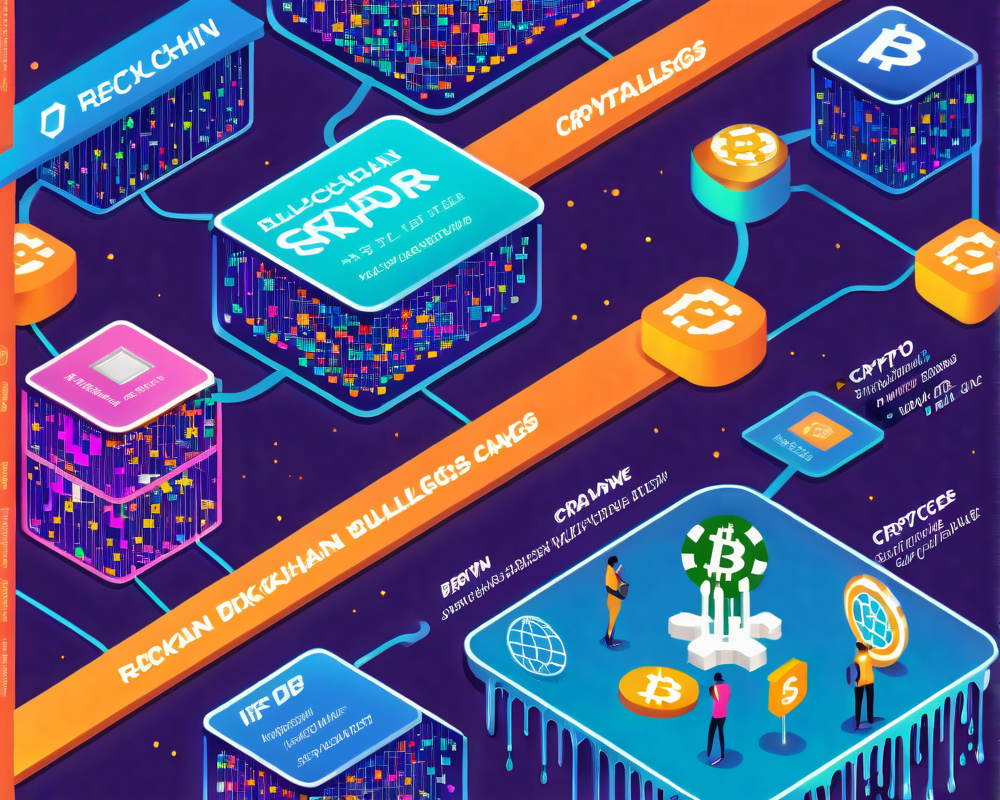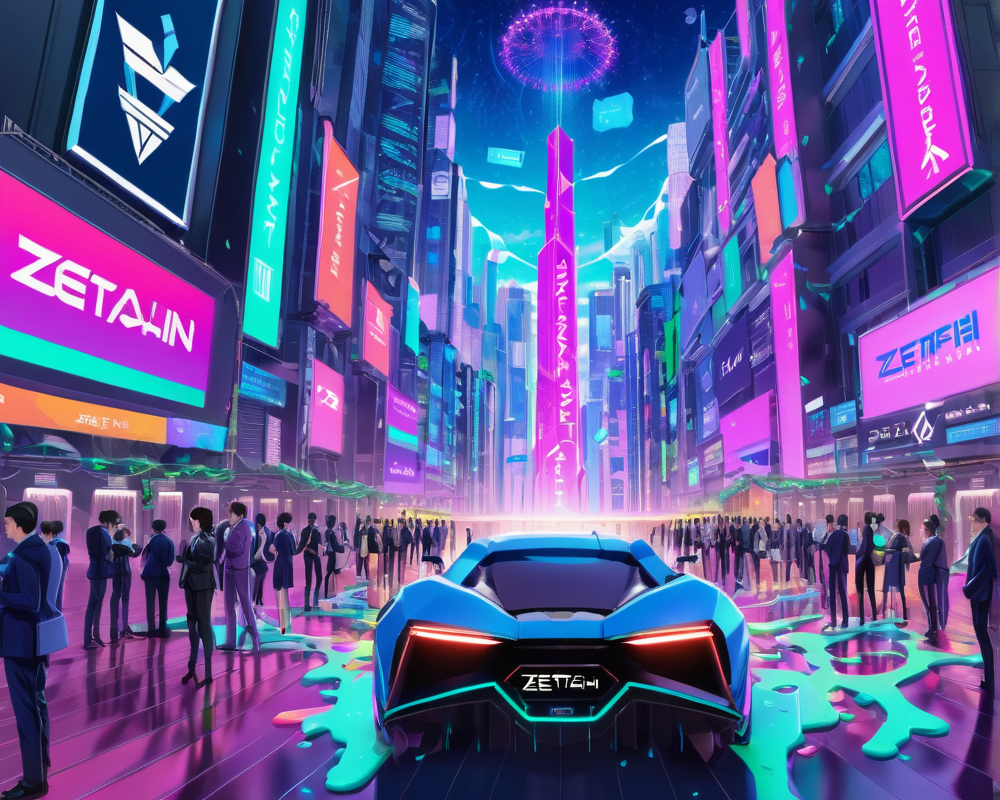The Dawn of the Research SuperCluster
Meta, the parent company of Facebook, has recently launched the Research SuperCluster (RSC), claiming it will be one of the fastest supercomputers globally. While most of us were trying to optimize our cat photos for social media, Meta was busy working on a computing powerhouse that promises to turn our wild metaverse dreams into reality. Who knew that combining powerful computing and virtual reality could lead us into the future?
The AI Revolution: Quintillions of Operations per Second
According to Meta, the next generation of AI development hinges on supercomputers that can handle quintillions of operations every second. That’s not just fast; that’s lightning speed on a rollercoaster ride! As CEO Mark Zuckerberg puts it, “The experiences we’re building for the metaverse require enormous compute power.” Imagine trying to hold a conversation with someone in Klingon while debating the merits of pineapple on pizza across different languages – this is where RSC comes into play.
Breaking Language Barriers with AI
One of the most exciting promises from RSC is its ability to facilitate real-time voice translations across hundreds of languages. Picture this: a virtual meeting where a scientist from Germany, a gamer from Japan, and a marketing guru from Brazil can chat seamlessly. No awkward pauses, no faux pas—just fluid communication. It could revolutionize everything from research collaborations to online gaming marathons.
Comparing Giants: RSC vs. Ethereum
Analyst Camila Russo has drawn comparisons between Meta’s supercomputer and the Ethereum network, which some believe serves as a global ‘supercomputer’ that empowers users to retain control over their data. While Ethereum operates in public, Meta’s initiative feels like a private affair designed to monetize user experiences in the metaverse. Different approaches, but both are fueling the evolution of a connected digital universe.
The Metaverse: Earning Its Place as the Next Iteration of the Internet
The concept of the metaverse has been dubbed as the next step for the internet—a virtual realm where we can work, play, and mingle. According to Raja Koduri from Intel, the current computational infrastructure needs to improve drastically to power this vision. A thousand-fold improvement will be required for real-time interactions—almost like upgrading from snail mail to instant messaging!
Will Meta Lead the Charge?
Though the specifics, such as the location and cost of RSC, remain under wraps, one thing is for certain—the metaverse is no longer just a sci-fi fantasy. With RSC’s potential to drive AI advancements for virtual interactions, it looks like Meta is all-set to steer the future of how we experience our digital lives. Buckle up, because the metaverse era may be closer than we think!




